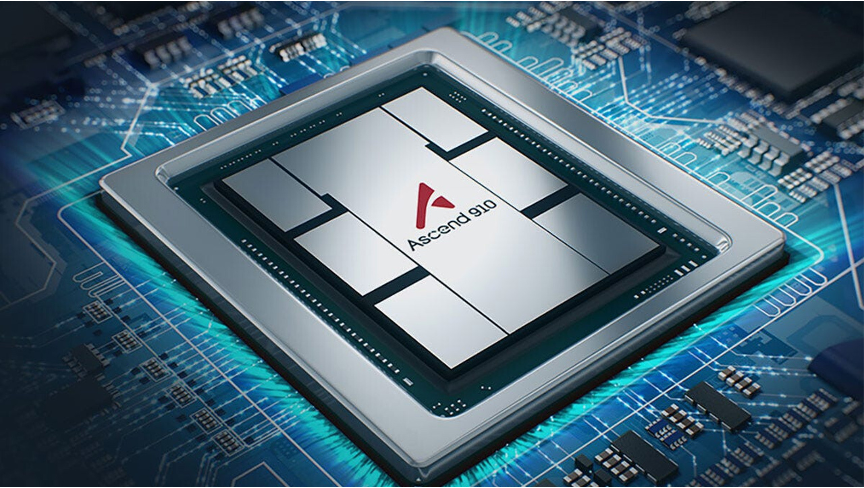Despite existing sanctions, Huawei develops Ascend AI chips in China to rival Nvidia. The US government has now moved to block global use of these chips, citing export control violations for unauthorized use anywhere, intensifying pressure despite some US-China trade stabilization. Huawei’s production constraints may limit the rule’s impact. Simultaneously, the US relaxed other AI export rules (removing the AI Diffusion Rule), a move Nvidia’s CEO welcomed, warning that over-restriction aids competitors like Huawei.
While US sanctions have significantly constrained Huawei’s access to international markets in recent years, the company continues to find substantial business opportunities within China. Its new AI accelerator, the Ascend 910C, shows potential to compete with leading Nvidia chips and may currently be undergoing testing at major Chinese technology firms.

The US government has moved to block the global use of Huawei’s artificial intelligence chips, intensifying pressure on the Chinese technology company even as broader trade relations between Washington and Beijing appear to be stabilizing.
This week, the Bureau of Industry and Security (BIS), a division of the US Department of Commerce, issued updated guidance concerning AI chip exports. The notice warned that using Huawei’s Ascend series chips without prior authorization would violate US export controls, regardless of where such use occurs.
According to BIS, the production and development of Ascend chips are likely in breach of existing export rules. Consequently, individuals or companies employing the chips without proper licensing may face legal consequences, including possible criminal charges, fines, and the loss of export privileges.
Ascend chips have seen wider uptake within China, particularly as companies shift away from reliance on foreign chipmakers like Nvidia, which has been facing expanding US restrictions on exports to Chinese entities. Chinese regulators have been encouraging domestic firms to support local alternatives, including Huawei’s AI hardware. Firms such as iFlytek and SenseTime continue to use Huawei chips in various applications.
The US decision to target Huawei’s AI products came shortly after Washington and Beijing agreed to temporarily reduce tariffs for a three-month period. That agreement had been viewed as a sign of improving dialog between the two governments.
However, the of the new rule’s impact could be limited because Huawei’s chip production remains constrained. Reports from China suggest the chips they’re producing are barely meeting their internal demand.
Alongside the Huawei announcement, the BIS introduced three new guidelines on export controls, while removing a previous regulation known as the AI Diffusion Rule. That earlier policy had divided countries into tiers and limited chip exports even to partner nations like Mexico. The agency said a replacement framework will be issued at a later date.
US chip firms welcomed the rollback of the Diffusion Rule. Shares in Nvidia rose following the announcement. The company’s CEO, Jensen Huang, has argued that overly restrictive policies may limit US influence in key markets. He emphasized that gaps left by US firms would likely be filled by competitors, including Huawei.
“If we stop participating in a market, someone else will step in,” Huang said during a recent event in Los Angeles. He referred to Huawei as a major player already expanding into regions where US companies have pulled back. Huang also disclosed that Nvidia plans to sell a large batch of its Blackwell chips to an AI company based in Saudi Arabia.
Saudia Arabia recently announced it would spend up to $60 billion on US AI technology. Countries in the Middle East are still receptive to technologies from both the US and China, but the new Huawei rule may make neutrality harder to maintain.
It is still unclear how enforcement will play out, and the regulatory divergence between the US and China is placing firms in difficult positions.
LIKE WHAT YOU’RE READING? INTRODUCE US TO YOUR FRIENDS AND COLLEAGUES.